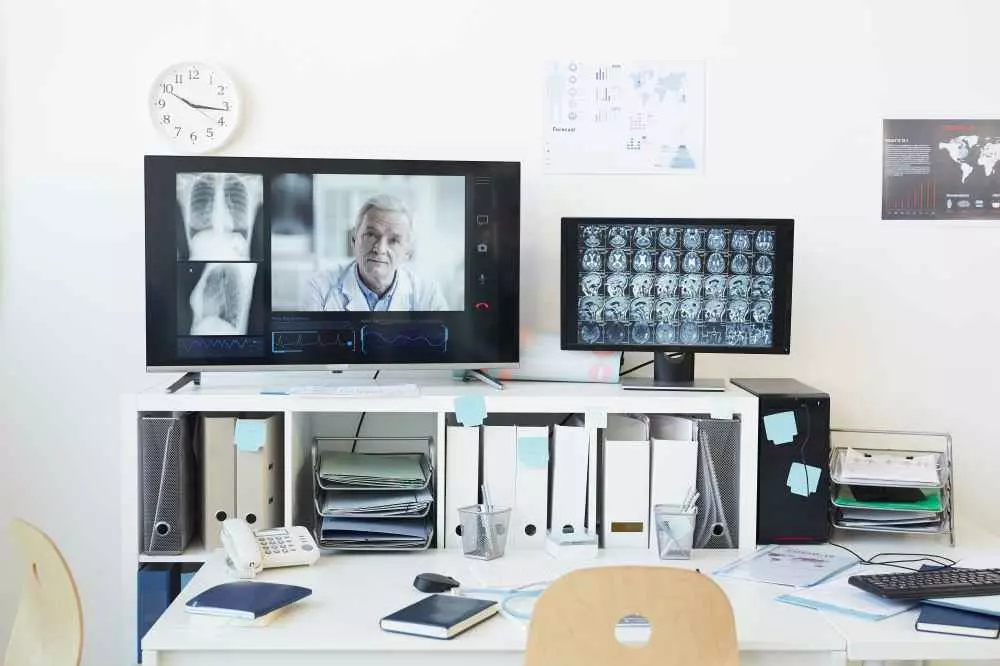Introduction to the topic of medical innovation
The COVID-19 pandemic, which began in 2019, has not only shaken up healthcare systems, but also affected the dynamics of medical innovation. Faced with a global health crisis, both state and private institutions were forced to quickly implement unconventional solutions. This article will look at how the pandemic has affected the development of the medical sector and what new technologies and treatments have emerged in response to the crisis.
Rapid adoption of telemedicine technologies
One of the most significant medical advances that took place during the pandemic was the rapid adaptation of telemedicine technologies. Faced with fears of contagion, many people began to take advantage of medical appointments conducted online. Telemedicine became not just an alternative, but a necessity for many patients.

This has increased the availability of specialists and reduced waiting times for appointments. The use of telemedicine platforms has made it possible for doctors to monitor patients' health and provide consultations without the need for a physical appointment. This in turn leads to time savings for both parties and can contribute to faster diagnosis and treatment.
Innovations in vaccine research
The COVID-19 pandemic has accelerated vaccine development at an unprecedented pace. Pharmaceutical companies, using mRNA technology, have prepared vaccines that were approved for use in record time. One example is a vaccine from Pfizer-BioNTech, which was approved just months after clinical trials began.
This breakthrough in vaccine technology opened the door to further research and development of new therapies not only against COVID-19, but also other infectious diseases and cancers. Thus, it can be said that the pandemic initiated a new era in biotechnology and immunology.
Breakthroughs in medical diagnostics
Innovations in diagnostics also accelerated during the pandemic. The introduction of rapid tests for the SARS-CoV-2 virus enabled more efficient detection of infections, which was crucial for epidemiological control. This demonstrated the importance of diagnostics in medicine and the role it plays in managing health crises.
Thanks to advances in technologies related to genome analysis and virus detection methods, diagnostics have become faster and more precise. Inspired by the need to respond quickly in the face of a pandemic, technology companies and research institutions have begun to vigorously develop new testing and diagnostic methods.
The rise of mental health research
The impact of the pandemic on mental health should also not be overlooked. Faced with social isolation, stress and the uncertainty of the epidemiological situation, many countries have begun to intensively research and develop psychological support programs. Teletherapy, which has grown in popularity, has become a key tool in the fight against mental health problems.
There has been growing investment in mobile apps that offer psychological support and stress management techniques. Such technologies are beginning to play an important role in health care, becoming as much a part of public health as physical care.
New challenges and the future of medical innovation
The COVID-19 pandemic has not only accelerated the development of medical innovation, but has also revealed many challenges facing modern healthcare. Problems related to access to new technologies, their cost and regulation will undoubtedly require further attention.
In the future, we can expect medical innovation to continue and current solutions to improve. The use of artificial intelligence, big data and predictive analytics in diagnosis and treatment will certainly affect the efficiency and quality of healthcare.
Summary
The COVID-19 pandemic has catalyzed many significant changes in medicine. From telemedicine, to innovative approaches to vaccination, to the importance of mental health, each of these fields has gained prominence and experienced breakthrough innovations. Further development of technology and sustainable access to modern therapies will be key to preparing for future health crises and continuing medical progress. Investment in research and collaboration between the public and private sectors will be an indispensable aspect of building a more resilient health care system.